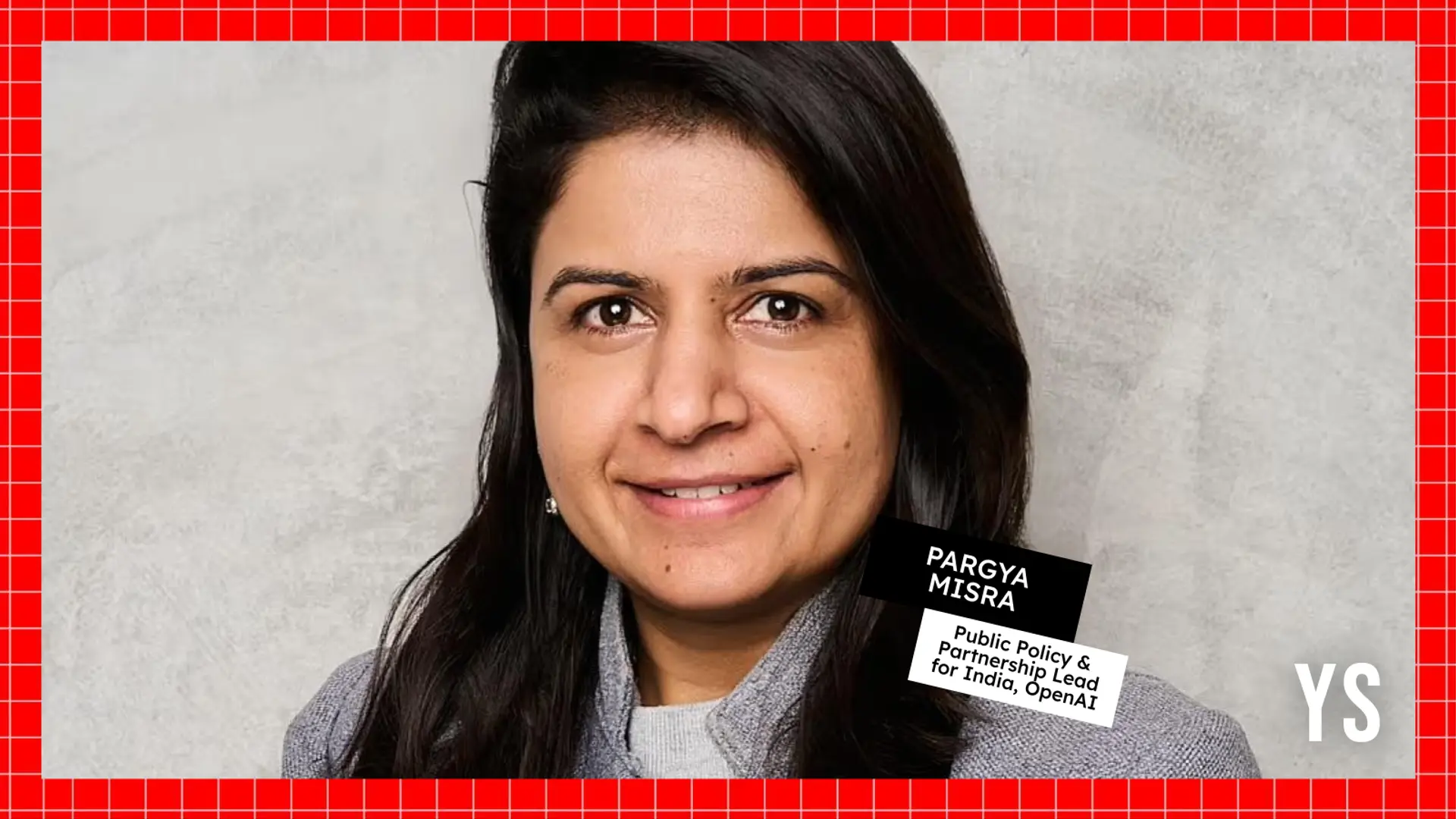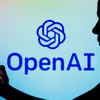India crucial for OpenAI’s global success: Pragya Misra
Pragya Misra, Public Policy & Partnership Lead for India, and OpenAI’s first hire in the country, spoke about the company's plans for India, in a fireside chat at the 2025 ASU+GSV & Emeritus Summit.
ChatGPT maker OpenAI is on a mission to provide artificial general intelligence to everyone. A key factor in achieving this global goal is recognising India’s pivotal role in the company's success, said Pragya Misra, Public Policy & Partnership Lead for India, OpenAI.
“The mission that OpenAI has is artificial general intelligence for all of humanity. And with a very large part of that humanity being in India, it’s very important that we think about India as pivotal to our success globally,” said Misra, during a fireside chat at the 2025 ASU+GSV & Emeritus Summit.
The summit is jointly organised by edtech company Emeritus in collaboration with Arizona State University (ASU) and GSV Ventures.
Misra, who is OpenAI’s first hire in India, was speaking about the company's plans for the world’s most populous country.
Highlighting the importance of "local context," Misra said, “We are being able to make sure that when we work and collaborate with the ecosystem in India, we understand the multilingual diversity, cultural diversity, and all of those pieces become very much part of what we are trying to put out in terms of modern intelligence and modern features.”
Stressing that India is "really, really important” to OpenAI, she said, "This week is going to be extremely critical to how we think about OpenAI and our plans here..."
She also hinted at exciting developments at OpenAI with a specific focus on India.
OpenAI Co-founder and CEO Sam Altman is reportedly visiting India on February 5 for meetings with government officials, tech entrepreneurs, and investors.
Expanding accessibility
Misra pointed out that multi-modality will play a key role in democratising access to knowledge, particularly in sectors like education and healthcare, by bridging existing gaps. Transcription is also emerging as a "massive new space", just because of the multi-modality that AI lends itself to, she said.
Multimodal AI is a type of AI that can process and integrate multiple types of data, such as text, images, audio, and video.
The company recently introduced ChatGPT on WhatsApp, which has over 500 million users in India.
“We want to make sure that people feel that it’s really accessible, and we are meeting them where they are, which is 500 million users on that one platform. So can we allow for people to have an early experience of what AI feels like?” Misra noted.
She explained that although AI models are often perceived as complicated, they are in fact quite easy to use, because it’s the “most natural way for us to have a conversation."
ChatGPT was launched in November 2022.
Though the company is still very early in its journey, it sees massive adoption in India, said Misra.
Globally, OpenAI has over 300 million users, and India is its second-largest user base.
Supporting the Indian ecosystem
Misra urged Indian founders using OpenAI models to focus on deeply understanding specific challenges and then determine which AI models and architectures offer the most efficient and cost-effective solutions. She observed a lot of replication, with many people tackling the same problems.
“The intention is to help. We want to be able to provide API credits. We want to be able to provide mentoring and technical solutions. But it would be great if folks can actually do the work of exploring the models and then coming up with specific problems that we can help them solve."
Misra highlighted that numerous problems and use cases exist and that OpenAI actively engages with developers and founders through various channels, such as YouTube videos, the OpenAI Forum, and other avenues for knowledge transfer.
She also noted that there is a deep intent from OpenAI to support the Indian ecosystem.
Edited by Swetha Kannan








